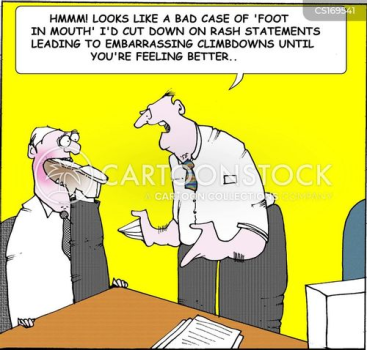You may be confusing Papal authority with apostolic authority -- two different things. Apostolic succession, as its name implies, is concerned with the latter. The apostles' appointed successors exercise an authority truly their own, independently of the Papacy. Even Rome acknowledges this. Pope Leo XIII’s Encyclical Satis Cognitum (1896) concedes apostolic authority separate from Rome, although he denounces that authority as invalid if it is in conflict with Rome:
“For He who made Peter the foundation of the Church also ‘chose, twelve, whom He called apostles’ (Luke vi., 13); and just as it is necessary that the authority of Peter should be perpetuated in the Roman Pontiff, so, by the fact that the bishops succeed the Apostles, they inherit their ordinary power, and thus the episcopal order necessarily belongs to the essential constitution of the Church. Although they do not receive plenary, or universal, or supreme authority, they are not to be looked as vicars of the Roman Pontiffs; because they exercise a power really their own, and are most truly called the ordinary pastors of the peoples over whom they rule."
**Calvinist Response to RedFan's Comment on Apostolic Succession**
**Errors of the Papal System Exposed**
The doctrine of apostolic succession, as espoused by the Roman Catholic Church, is fraught with errors that contradict the teachings of Scripture and the principles of the Christian faith. John Calvin, in his Institutes of the Christian Religion, provides a thorough critique of the papal system, highlighting its deviations from biblical truth.
**1. Unwarranted Claims of Authority:**
The papal system asserts that the pope is the sole successor of Peter, the apostle, and thus possesses supreme authority over the entire Church. This claim lacks scriptural support. The Bible teaches that all believers in Christ are part of the priesthood of all believers (1 Peter 2:9) and that there is no distinction between clergy and laity (Galatians 3:28).
**2. Unbiblical Hierarchical Structure:**
The papal system establishes a hierarchical structure with the pope at the apex, followed by cardinals, bishops, priests, and deacons. This structure is not found in the New Testament, which emphasizes the equality of all believers in Christ (Matthew 23:8-12).
**3. Misinterpretation of Apostolic Authority:**
The Roman Catholic Church misinterprets the concept of apostolic authority. While the apostles were given authority by Christ to establish the Church and spread the gospel, this authority was not intended to be passed down to subsequent generations. The apostles were unique witnesses to Christ's life, death, and resurrection, and their authority cannot be transferred.
**4. Contradiction of Sola Scriptura:**
The papal system undermines the principle of sola Scriptura, which holds that Scripture alone is the infallible authority for Christian faith and practice. By claiming that the pope and church tradition have equal or even greater authority than Scripture, the papal system elevates human tradition above the Word of God.
**5. Abuse of Power and Corruption:**
The history of the papacy is marred by instances of abuse of power, corruption, and moral failures. Popes have been involved in political intrigue, financial scandals, and the persecution of those who dissent from their teachings. This stands in stark contrast to the teachings of Christ, who called His followers to be humble servants and to love their enemies (Matthew 20:25-28; Luke 6:27-28).
**Conclusion:**
The papal system, with its claims of apostolic succession, hierarchical structure, and unbiblical authority, deviates from the teachings of Scripture and the principles of the Christian faith. Calvin's critique of the papal system remains relevant today, exposing its errors and calling believers to return to the authority of Scripture alone.
**Bible Quotes:**
* "But you are a chosen race, a royal priesthood, a holy nation, a people for his own possession, that you may proclaim the excellencies of him who called you out of darkness into his marvelous light." (1 Peter 2:9)
* "For there is no distinction between Jew and Greek; for the same Lord is Lord of all, bestowing his riches on all who call on him." (Romans 10:12)
* "And he called to him his twelve disciples and gave them authority over unclean spirits, to cast them out, and to heal every disease and every affliction." (Matthew 10:1)
* "So then, just as you received Christ Jesus as Lord, continue to live your lives in him, rooted and built up in him and established in the faith, just as you were taught, abounding in thanksgiving." (Colossians 2:6-7)
* "All Scripture is breathed out by God and profitable for teaching, for reproof, for correction, and for training in righteousness, that the man of God may be complete, equipped for every good work." (2 Timothy 3:16-17)



